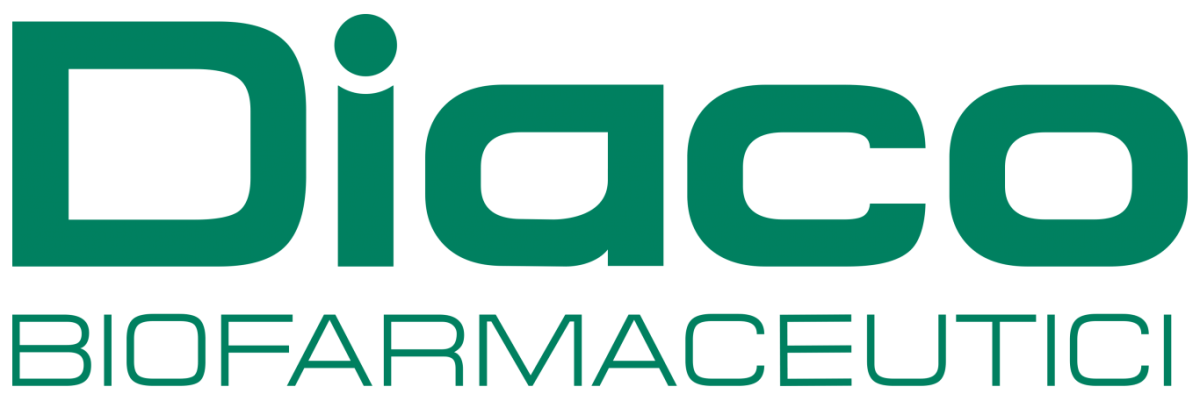Pharmacovigilance
What is Pharmacovigilance?
Pharmacovigilance encompasses all activities aimed at protecting public health by identifying, assessing, preventing, and understanding potential adverse effects of medicines. Its purpose is to ensure a favorable benefit-risk ratio for the population.
Pharmacovigilance programs and studies aim to increase knowledge about medicines by defining their safety of use as comprehensively as possible.
Data collection on drug safety is carried out through various channels, the most important of which are:
- Reports – both spontaneous and non-spontaneous – of suspected adverse reactions
- Clinical Studies
- Reports from pharmaceutical companies
- Scientific Literature
Adverse Reaction Reporting
Adverse Drug Reactions (ADRs) are essential for identifying potential issues related to the use of medicines, thereby making them safer for the entire population.
European pharmacovigilance regulations require citizens and healthcare professionals to report any suspected adverse reactions using one of the following methods:
- Sending a reporting form via email to the Pharmacovigilance Officer of the facility or to the Marketing Authorization Holder (MAH) of the medicine suspected to have caused the adverse reaction.
- Online on the AIFA (Italian Medicines Agency) website.
